#Béatrice Romand
Explore tagged Tumblr posts
Text

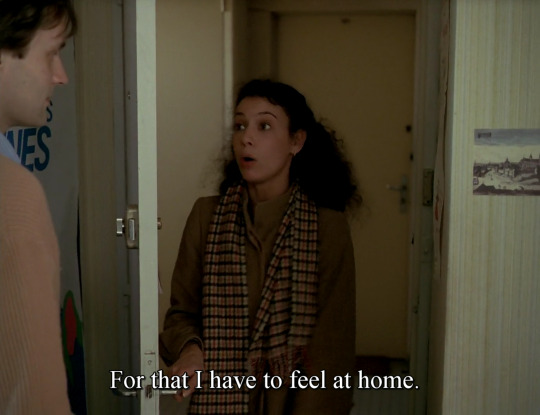
Le beau mariage (Éric Rohmer, 1982)
#Le beau mariage#A good marriage#Rohmer#Eric Rohmer#Éric Rohmer#1982#quote#Béatrice Romand#Beatrice Romand#Vincent Gauthier#home#happiness
673 notes
·
View notes
Text










Autumn Tale (1998) | dir. Éric Rohmer
#autumn tale#conte d'automne#éric rohmer#eric rohmer#alexia portal#didier sandre#béatrice romand#marie rivière#films#movies#cinematography#scenery#screencaps
292 notes
·
View notes
Text





le genou de claire (1970)
#le genou de claire#claire's knee#film#movie#cinema#art#edit#screencaps#photography#cinematography#arthouse#70s#éric rohmer#jean claude brialy#aurora cornu#béatrice romand#queue
53 notes
·
View notes
Text

Éric Rohmer’s “Conte d’automne” (A Tale of Autumn) September 23, 1998.
#Éric Rohmer#Eric Rohmer#Conte d’automne#A Tale of Autumn#Autumn Tale#1998#Ninetiea#Foreign#🇫🇷#Romantic Comedy#Romantic Drama#Béatrice Romand#Marie Rivière#4/5
4 notes
·
View notes
Text
12 years ago : Le Genou de Claire
Claire’s Knee (French: Le Genou de Claire) is a 1970 French romantic drama film written and directed by Éric Rohmer. The film stars Jean-Claude Brialy, Aurora Cornu, Béatrice Romand and Laurence de Monaghan. It is the fifth film in the series of the Six Moral Tales (1963–1972). “Why would I tie myself to one woman?” asks Jerôme in Claire’s Knee, though he plans to marry a diplomat’s daughter by…
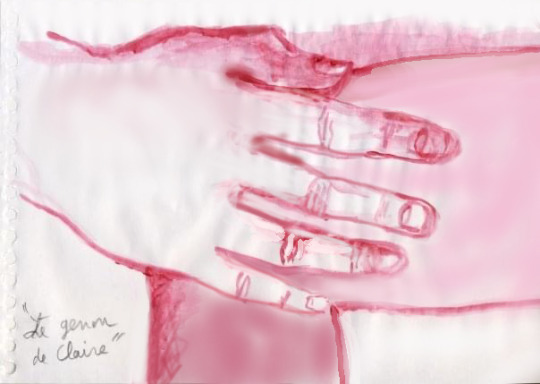
View On WordPress
0 notes
Photo
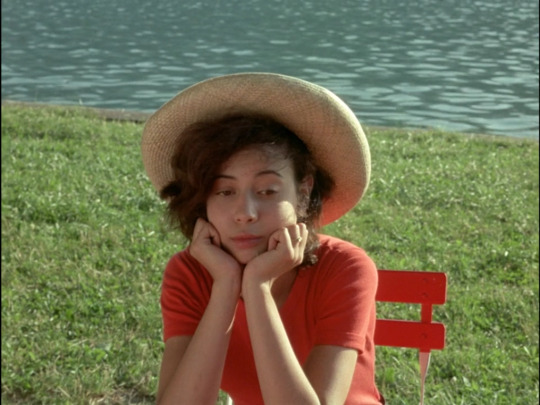
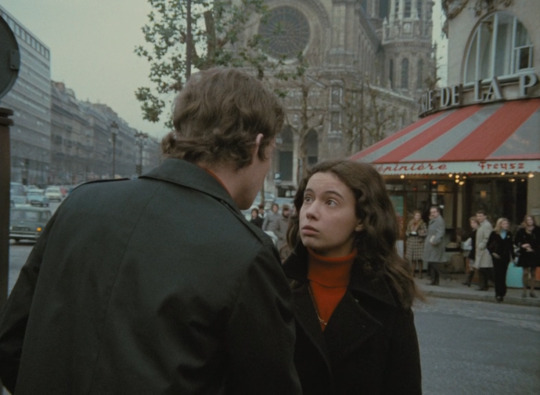


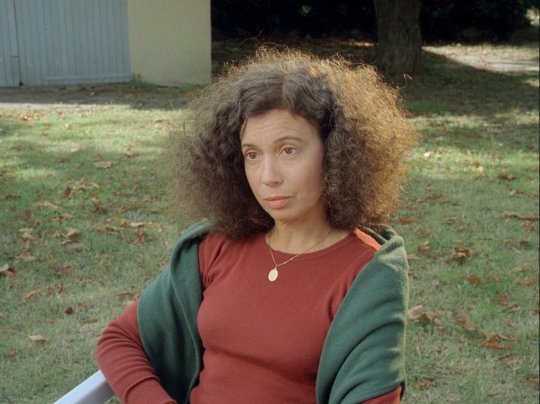
Béatrice Romand in Éric Rohmer’s Claire's Knee (1970), Love in the Afternoon (1972), Le Beau Mariage (1982), The Green Ray (1986), and Autumn Tale (1998)
#béatrice romand#beatrice romand#éric rohmer#eric rohmer#claire's knee#love in the afternoon#le beau mariage#the green ray#autumn tale#le genou de claire#chloe in the afternoon#l'amour l'après midi#the good marriage#le rayon vert#conte d'automne#an autumn tale#comedies and proverbs#comedies et proverbes#six moral tales#six contes moraux#Tales of Four Seasons#Contes des quatre saisons#french film
193 notes
·
View notes
Photo
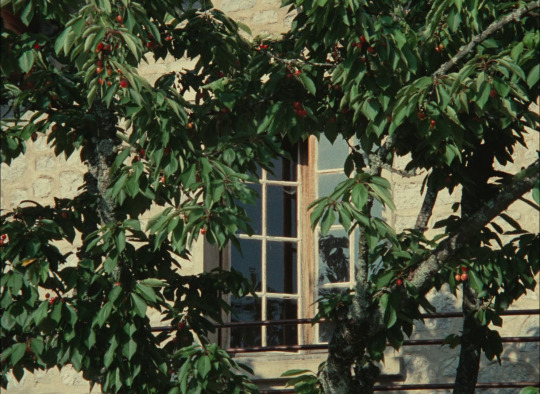
#Le Genou de Claire#Éric Rohmer#Six contes moraux#Claire's Knee#Jean-Claude Brialy#Béatrice Romand#Comédie dramatique#France#Eric Rohmer#French drama film#Six Moral Tales#Néstor Almendros#french cinema#french arthouse cinema#french movie#visual masterpiece#french films#atmospheric#plants#trees#window
434 notes
·
View notes
Photo

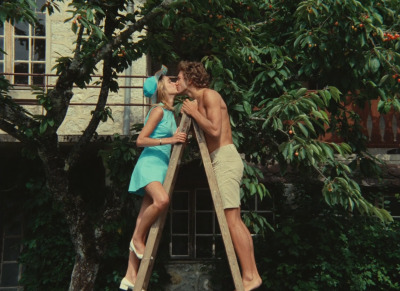
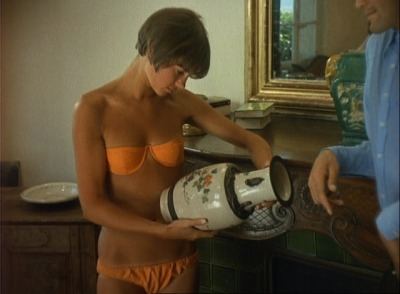
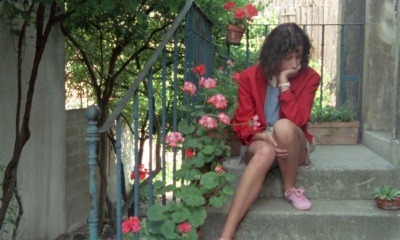
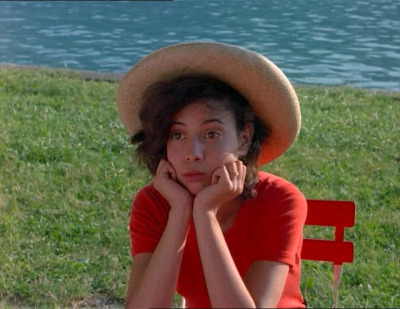




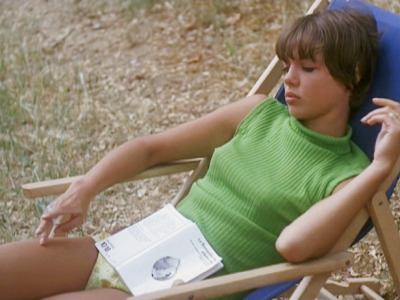
rohmer girl summer
#eric rohmer#pauline a la plage#a summer's tale#french film#la collectionneuse#le rayon vert#le genou de claire#pauline at the beach#claire's knee#The Green Ray#Marie Rivière#Béatrice Romand#Amanda Langlet#style#fashion#summer#Arielle Dombasle#Gwenaëll Simon#Haydée Politoff#rohmer
1K notes
·
View notes
Photo

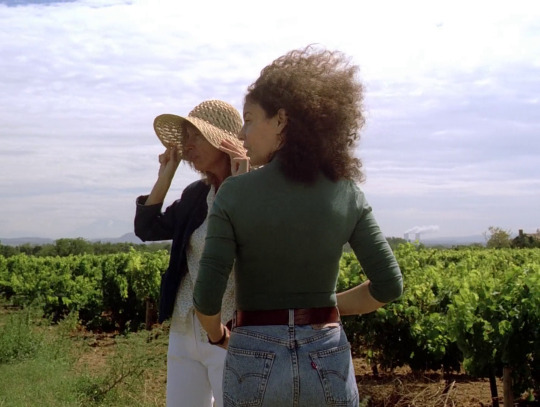
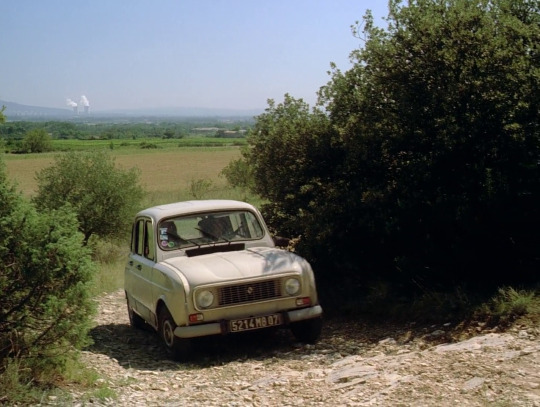

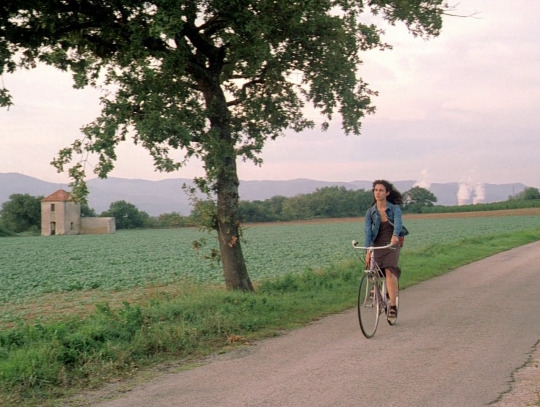
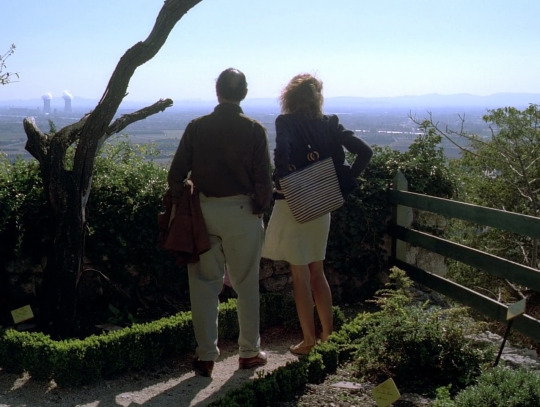
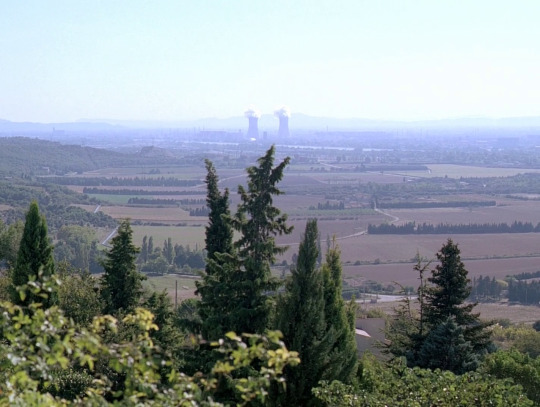
Views of the Tricastin Nuclear Power Plant in Eric Rohmer’s An Autumn Tale (1998)
#cinema#france#industrial#vineyard#Béatrice Romand#Marie Rivière#Alain Libolt#Alexia Portal#Éric Rohmer
11 notes
·
View notes
Photo




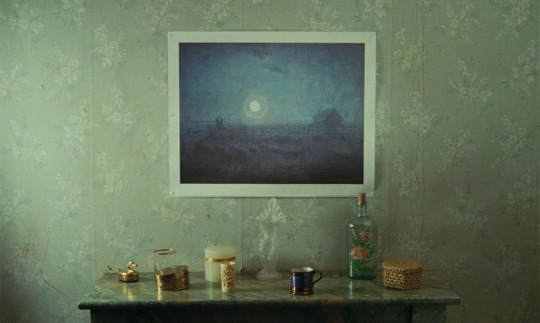
Le Beau Mariage (1982) dir. Éric Rohmer
#le beau mariage#a good marriage#éric rohmer#filmedit#cinematography#aesthetic#béatrice romand#arielle dombasle#andré dussollier#féodor atkine#films#movies#faceless
3K notes
·
View notes
Text




Le beau mariage (Éric Rohmer, 1982)
#Le beau mariage#A good marriage#Rohmer#Eric Rohmer#Éric Rohmer#1982#quote#Béatrice Romand#Beatrice Romand#Arielle Dombasle#personality#philosophy
675 notes
·
View notes
Text
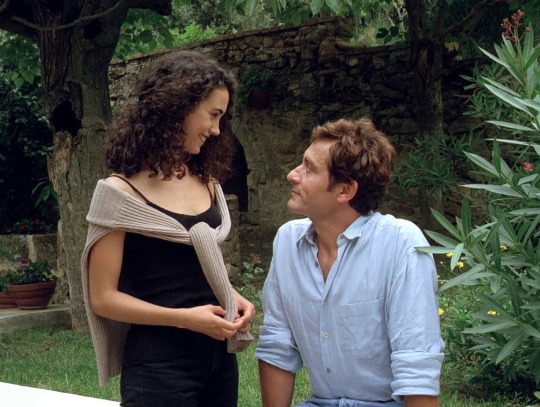
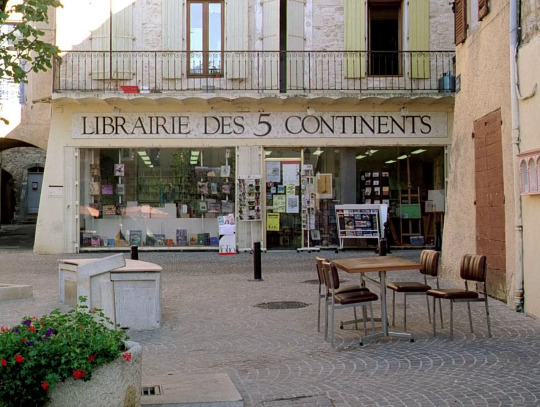
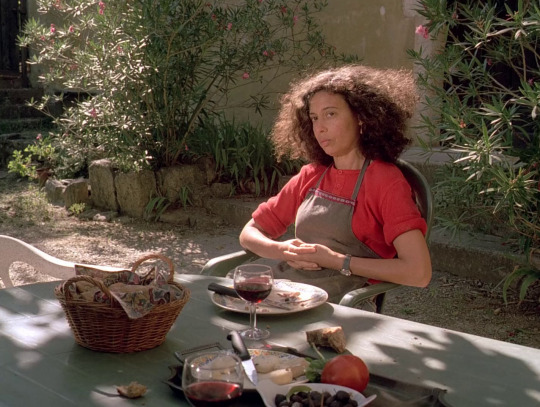


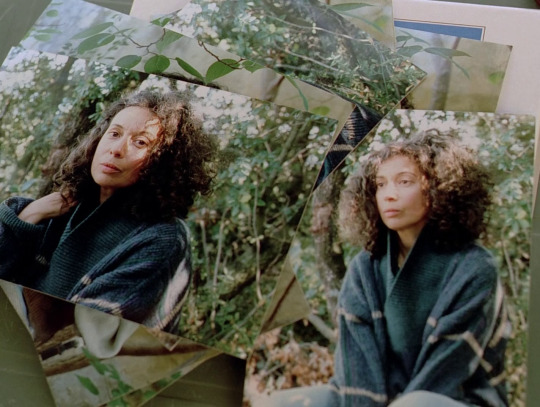


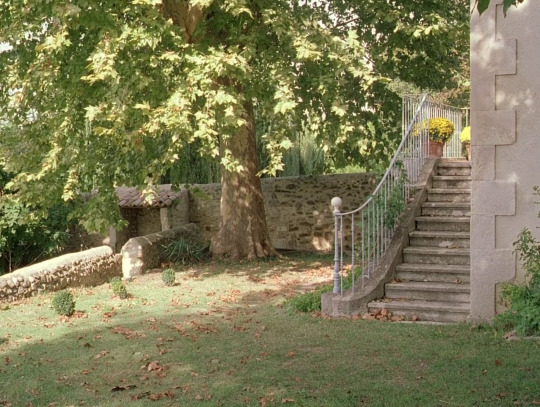
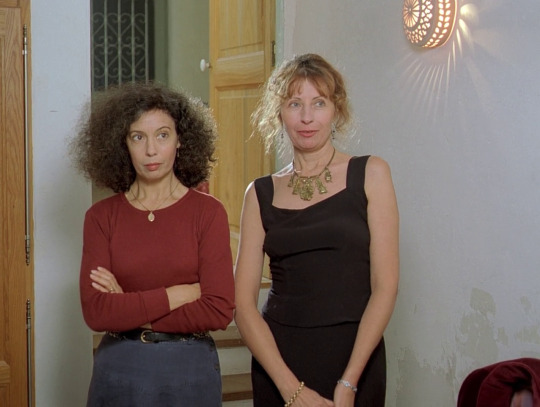
Autumn Tale (1998) | dir. Éric Rohmer
#autumn tale#conte d'automne#éric rohmer#eric rohmer#alexia portal#didier sandre#béatrice romand#marie rivière#films#movies#cinematography#scenery#screencaps
198 notes
·
View notes
Text
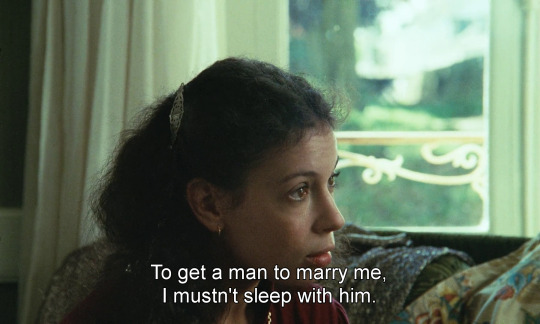

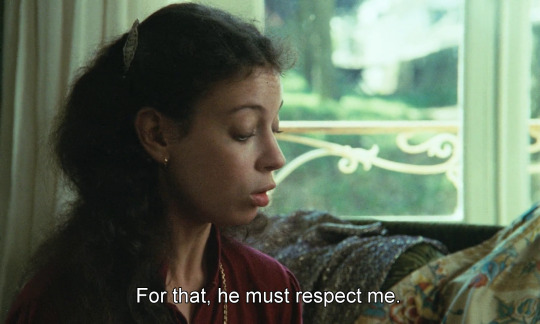
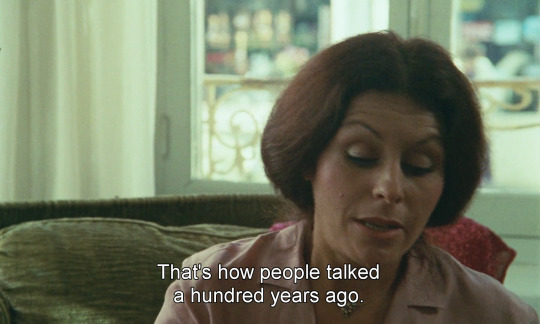

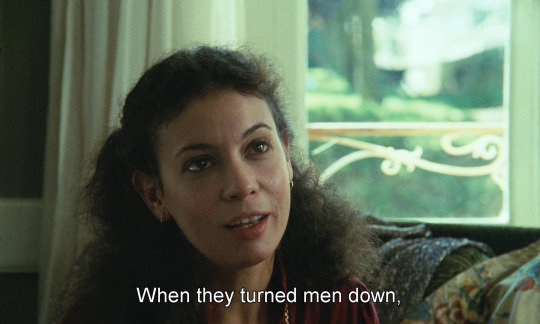
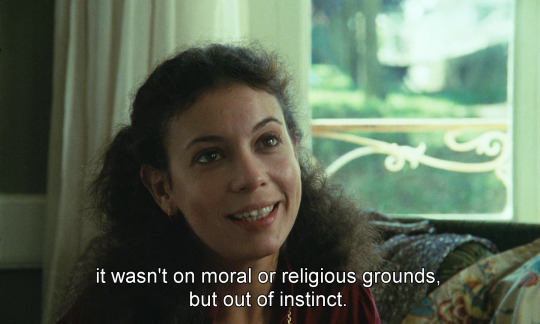
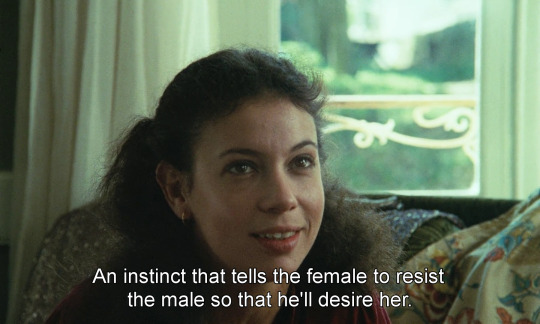
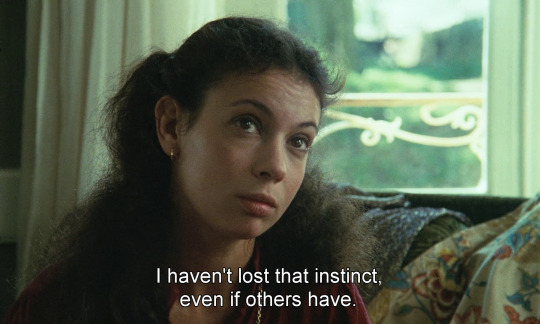
A Good Marriage (1982)
#a good marriage#le beau mariage#eric rohmer#béatrice romand#thamila mezbah#movies#film#quotes#funny#long post#1982
276 notes
·
View notes
Photo

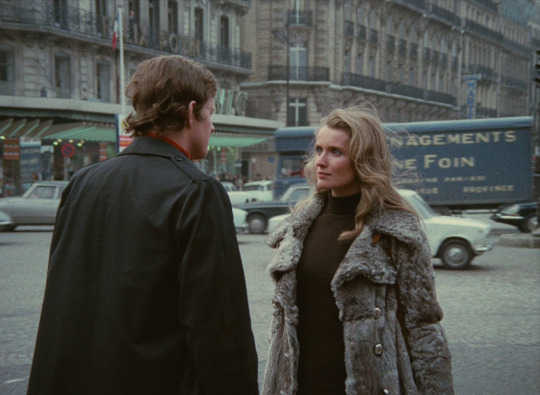
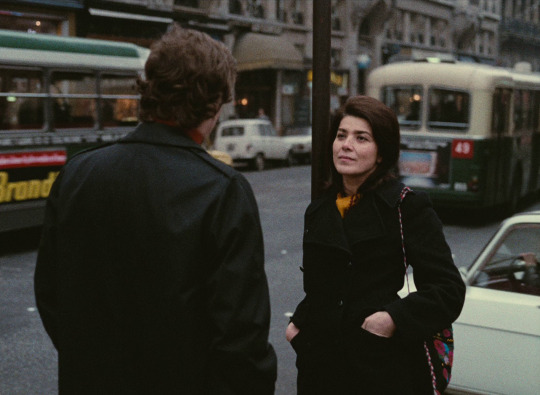
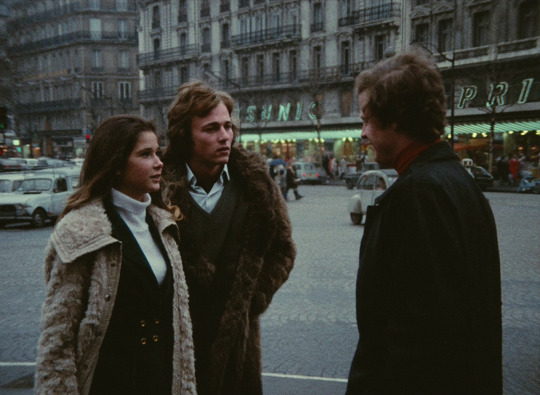
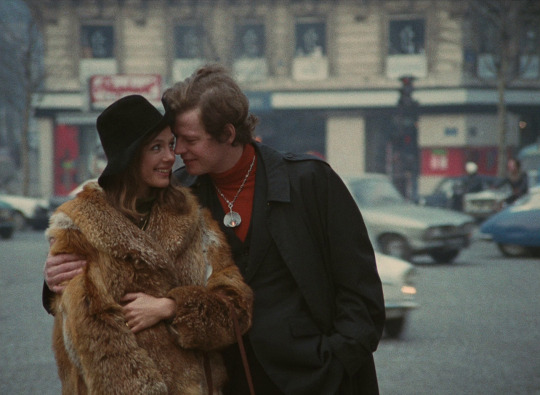
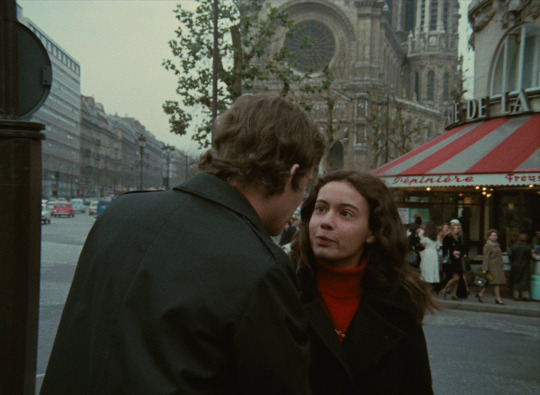
“L'Amour l'après-midi” (1972) by Éric Rohmer
#contes moraux#françoise fabian#marie-christine barrault#aurora cornu#laurence de monaghan#haydée politoff#béatrice romand
18 notes
·
View notes
Photo
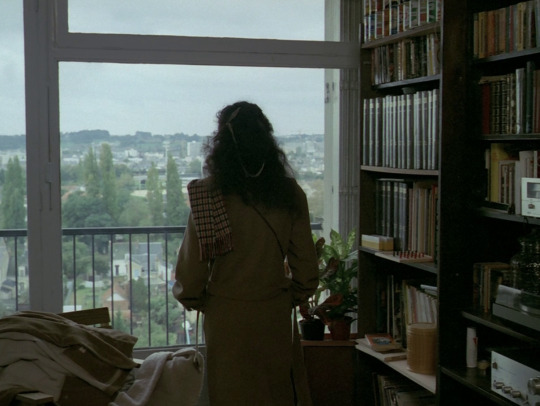
The Good Marriage - Éric Rohmer
#Le Beau Mariage#Éric Rohmer#Eric Rohmer#booksndmovies#books in movies#books and movies#comic books#children's books#The Good Marriage#Béatrice Romand#Beatrice Romand#library#bookshelves#bookshelf#read#reading#european cinema#european movies#french cinema#french movies#french new wave#new wave#Nouvelle Vague#french movie#french girl#interior#interior goals#interior in movies#books in films#women in movies
642 notes
·
View notes
Photo
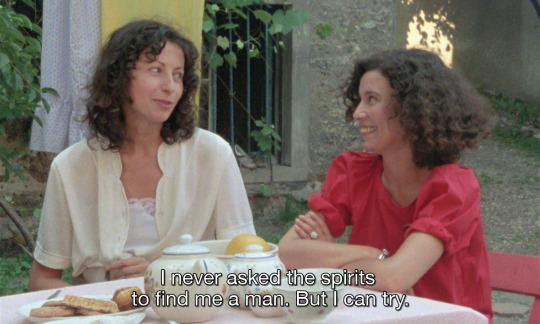
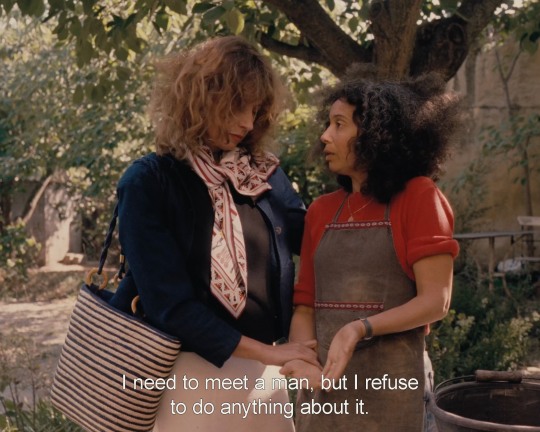
Marie Rivière and Béatrice Romand in Éric Rohmer‘s The Green Ray (1986) and Autumn Tale (1998)
#éric rohmer#eric rohmer#the green ray#autumn tale#marie rivière#marie riviere#béatrice romand#beatrice romand#an autumn tale#comedies et proverbes#comedies and proverbs#Tales of Four Seasons#conte d'automne#le rayon vert#contes des quatre saisons#french film#1998#1986
144 notes
·
View notes